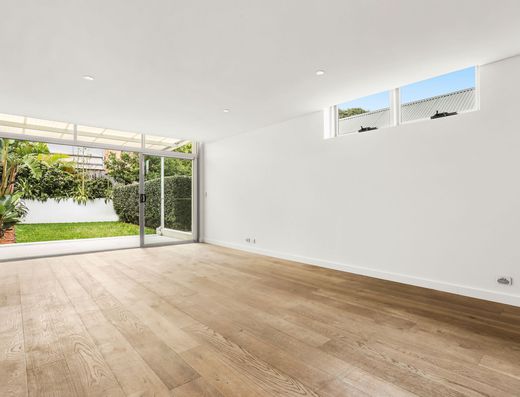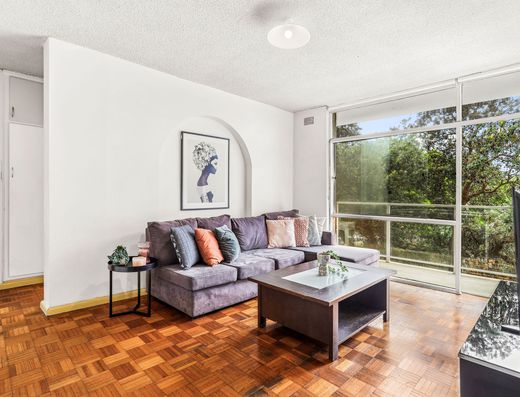Exposing Property Investment Myths
There is lots of advice and information about investing in property which can be confusing, especially given the property investment myths out there.
When you're looking to invest in property, the overload of information can be confusing. Here are four of the most believed myths exposed.
#1 You Need Lots Of Money To Become An Investor
This myth is becoming less common than it used to be, but you’re still likely to hear or think it. Believing this misconception can stop you from entering the property investment market, or you might be tempted to wait until you have more money. Hesitating however can end up costing you.
You can become a property investor even if you’re not a millionaire. Speaking of millions, there are over 1 million property investors in Australia. According to ING Direct’s 2016 Financial Wellbeing Index, one in five Aussies own an investment property, with the biggest percentage being in the 18–34-year-old age range. Many property investors are people earning average wages.
Of course, investing in property does require a certain amount of capital or wealth and involve financial risk, but that doesn’t mean it isn’t feasible for many people. If you’re concerned about finances, meet with a financial advisor to work out how much you can afford to invest. You can also invest conservatively so that you’re minimising risk.
#2 Only Buy New Properties
It’s tempting to buy a property off the plan or one that has just been built. It’s likely to look its best, been freshly painted and have brand new appliances and fixings. There’s no wear and tear, and it will be up to date in terms of its design and aesthetic.
That said, there are many reasons to invest in an older property. Firstly, an existing property has the advantage over an off the plan property in the works, in that you’re able to see what it looks like, not just how it’s predicted to turn out. New properties also often come with a premium.
Older properties may have been better built with higher quality materials. They can have a lived-in charm that you can’t replicate in a new model. They might better match the other houses in the street which have a similar design. If you do buy an older property your property manager will be able to best advise you on any renovations, should you feel the need to reno the property and update it for the market.
#3 Stick with Suburbs You Know
Sticking with what you know can make sense, but it also limits your opportunities. Yes, investing in an area you’re familiar with (such as the suburb you currently live or work in, or grew up in, or have family members residing in), you’ll be at an advantage in knowing what facilities and transport are available nearby, what the local schools are like, which neighbourhoods are good and which should be avoided. You’ll have a good idea what it is buyers and renters in this area will be looking out for.
Don’t forget that while all the lifestyle aspects of a property’s location should be considered, they’re not the be all and end all when it comes to investing. Is the location a growth area? What are its the demographics? How many properties are on the market?
However, all these factors can be learned through basic research. Talk to real estate agents and specialist property managers in the area you’re thinking of buying your investment property in and they’ll be able to run you through all these things.
#4 You Can Do It Alone
Many investors start off thinking they can do it all alone - find the property, advertise for tenants, manage repairs and maintenance. How hard can it be, right? But this approach may not be the wisest one for long term growth.
Employing an experienced and professional property manager who takes a proactive approach to your asset can actually add to the value of your investment property. They know good tenants from bad, have a keen eye for problems at rental inspections, a database of quality tradespeople for any repairs, are interested in keeping the value of your property high, and how to maximise any money spent on improvements.
In fact, while it costs money to employ a property manager, a good property manager can save you money and help you to make the most of your investment.
Like To Learn More About Investment Properties?
Contact our property management or buyer agent team today.






